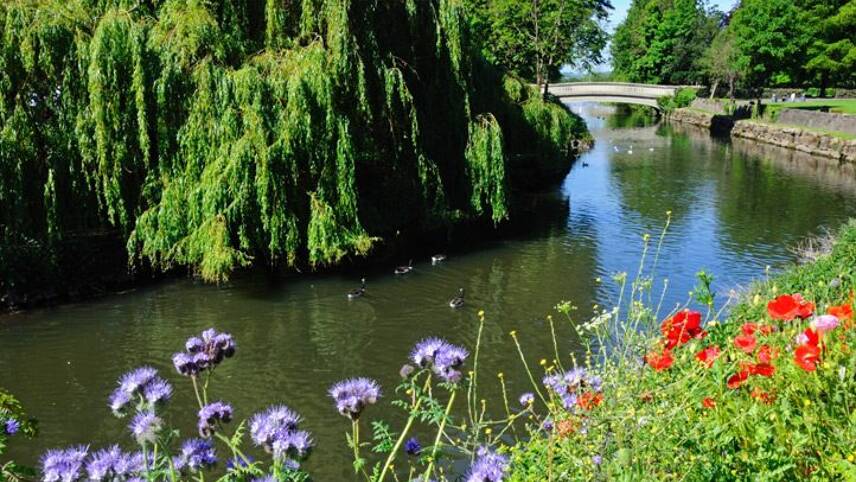Register for free and continue reading
Join our growing army of changemakers and get unlimited access to our premium content

Councils are required to develop and deliver the projects in collaboration with a diverse range of stakeholders
The Department for Food, the Environment and Rural Affairs (Defra) announced late last week that it had chosen the locations for pilots of its ‘Local Nature Recovery Strategies’ (LNRS) scheme, announced through the Environment Bill and built upon at the 2020 Budget.
Under the scheme, councils will receive up to £1m of grant funding to map the most valuable habitats in their area, identify opportunities for restoration and implement holistic plans. Crucially, planning and implementation cannot be carried out by the local authority alone; it must work collaboratively with community groups, NGOs, academics and businesses. Natural England will also be involved in each project.
Defra has selected Cornwall Council, the Greater Manchester Combined Authority, Cumbria County Council, Northumberland County Council and Buckinghamshire Council will create the UK’s first LNRSs. Between them, the local authorities will create wildflower habitats, woodlands, wetland and green spaces for people, as well as restoring peatlands. Peatland covers around 10% of the UK, with the national stock estimated to embody around 3.2 billion tonnes of carbon, but around 80% of this habitat is currently degraded.
Defra claims that the five pilot projects will kick-start the creation of a million acres of habitat and will pave the way for mandatory LNRSs. The Environment Bill, in its current form, will require all local authorities in England to develop an LNRS by 2025.
Green recovery, green Brexit?
Environment Minister Rebecca Pow said the pilots form a “key part” of the UK’s green recovery from Covid-19.
Elsewhere in its £160bn recovery package, the Treasury has earmarked £40m for a Green Jobs Challenge fund, to help environmental charities and local authorities launch or expand nature conservation and restoration programmes in England. A further £5m has been allocated for the creation and implementation of a Natural Capital and Ecosystem Assessment framework.
Charities working on nature in the UK had been asking for £315m, however, claiming that this amount could deliver 330 ‘shovel-ready’ conservation and restoration projects. It is hoped that more funding for nature projects will be announced this autumn by Chancellor Rishi Sunak, given the Treasury’s ongoing review into the economic value of biodiversity and financial risks associated with nature degradation.
The launch of the LNRS pilots comes shortly after Defra began recruiting for the inaugural chair of the Office for Environmental Protection (OEP) – the body which will serve as the UK’s environmental watchdog after the Brexit transition period.
The advertisement for the position states that the OEP will be created in 2021, subject to the Environment Bill receiving Royal Assent within the predicted timeframes. This is at least one month later than planned; George Eustice told MPs in June that the body would be “ready and operational” by the end of December, placating concerns that there could be a period of no or poor enforcement.
Concerns about whether the OEP will have enough ‘teeth’ to deliver the Conservative Party’s promise of leaving the environment better than it was found have been prominent in debates over whether Brexit can truly be ‘green’. In its current form, the Environment Bill confirms that the independent body can scrutinise environmental policy and law, investigate complaints, enforce action against public authorities that are failing to uphold environmental standards and take corporations to court. The Bill confirms that the OEP will cover all climate change legislation, including the commitment to reach net-zero emissions by 2050.
Green groups have said that they would like greater clarity on the timeline around the OEP’s introduction and how the body will be funded; as well as better provisions to ensure it is truly independent.
Sarah George


Please login or Register to leave a comment.